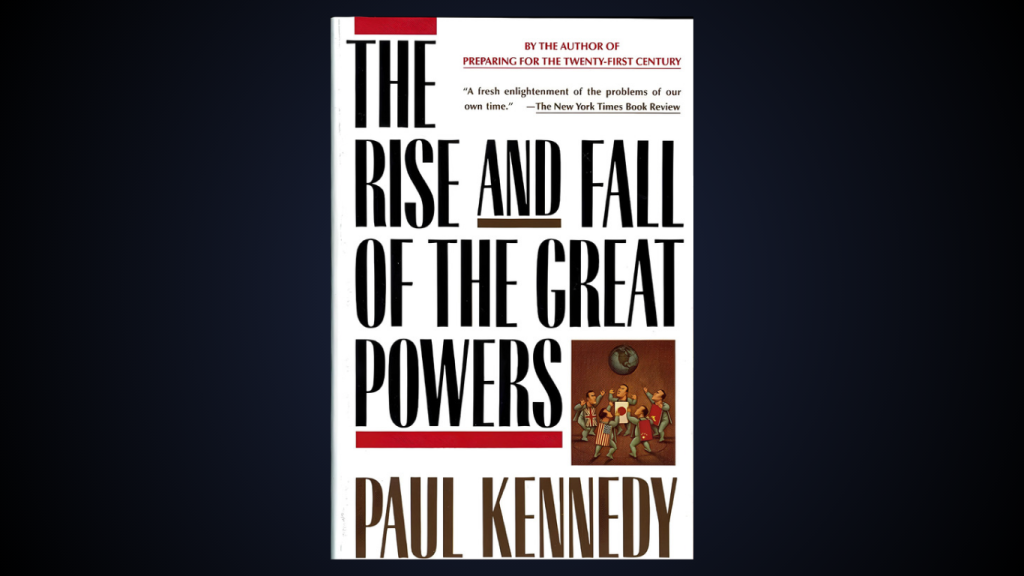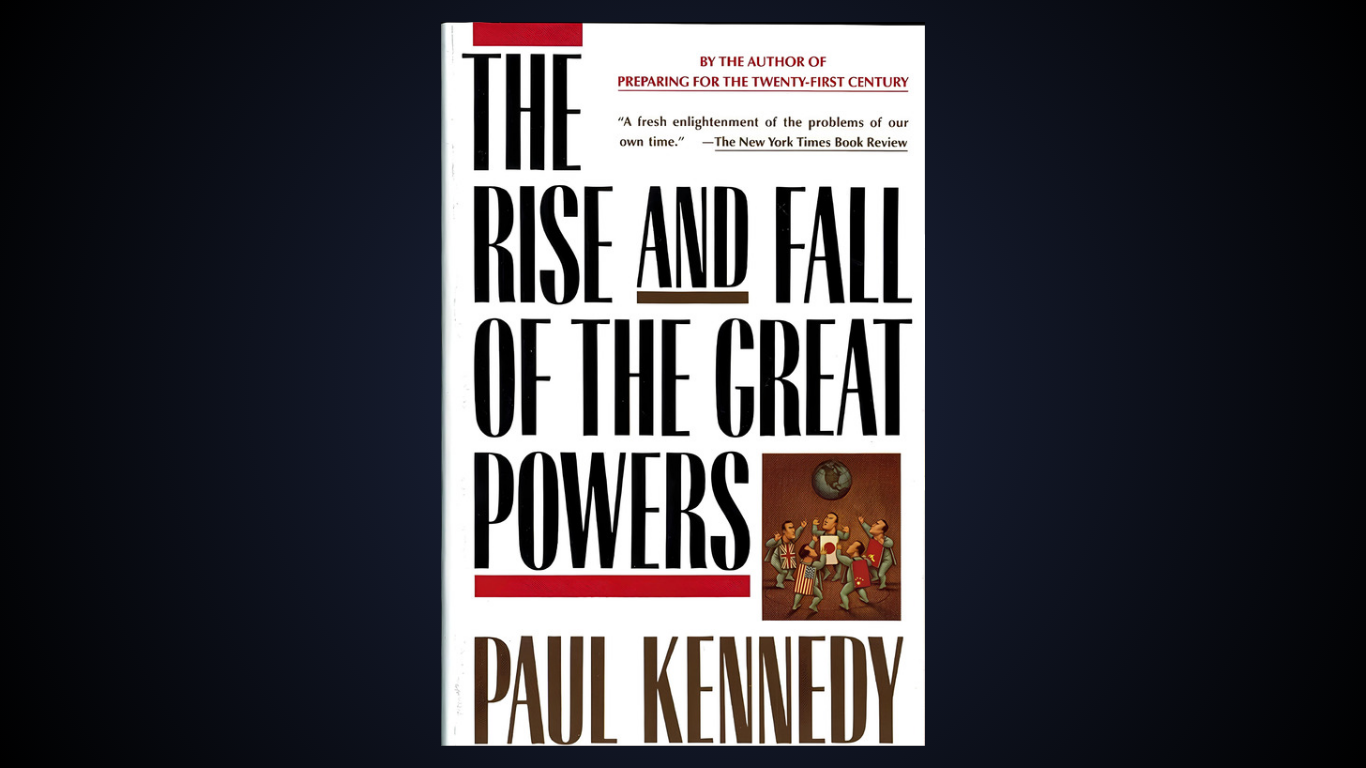
Great Powers’ Ascent and Decline: An Idealist Examination of the Moral Imperative in International Relations
Written By; Foreign Analysis – Sep 11, 2023
Idealist theory in international relations emphasizes strong international relations built upon ideal values such as human rights, democracy, and international cooperation. In this article, Paul Kennedy’s book “The Rise and Fall of Great Powers,” which examines the rise and fall of great powers, will be critiqued from this idealist perspective.
Kennedy’s book highlights the central role of power balance as great powers have risen and fallen throughout history. However, idealist theory emphasizes not only the balance of power but also the influence of actors shaping international relations based on ethical values like human rights and democracy. From this standpoint, Kennedy’s work may challenge the core principles of idealism.
According to idealist theory, the use of power in international relations should be grounded in ethics. However, Kennedy’s analysis often shows that great powers have frequently disregarded the sovereignty rights of other states and resorted to coercive methods like war and occupation during their rise and fall. This contradicts the idealist theory’s vision of undesirable practices in international relations.
Additionally, idealist theory advocates for international cooperation and diplomatic solutions. Kennedy’s analysis, on the other hand, demonstrates that great powers have often adopted competitive and coercive approaches. This can run counter to the idealist theory’s recommendation of peaceful and cooperative methods.
In conclusion, “The Rise and Fall of Great Powers” may challenge the core principles of idealist theory. While idealism asserts that the use of power in international relations should be ethical and emphasizes cooperation, Kennedy’s work highlights instances where great powers have pursued competitive and coercive approaches. This poses a significant critique against idealist claims to shape international relations.
